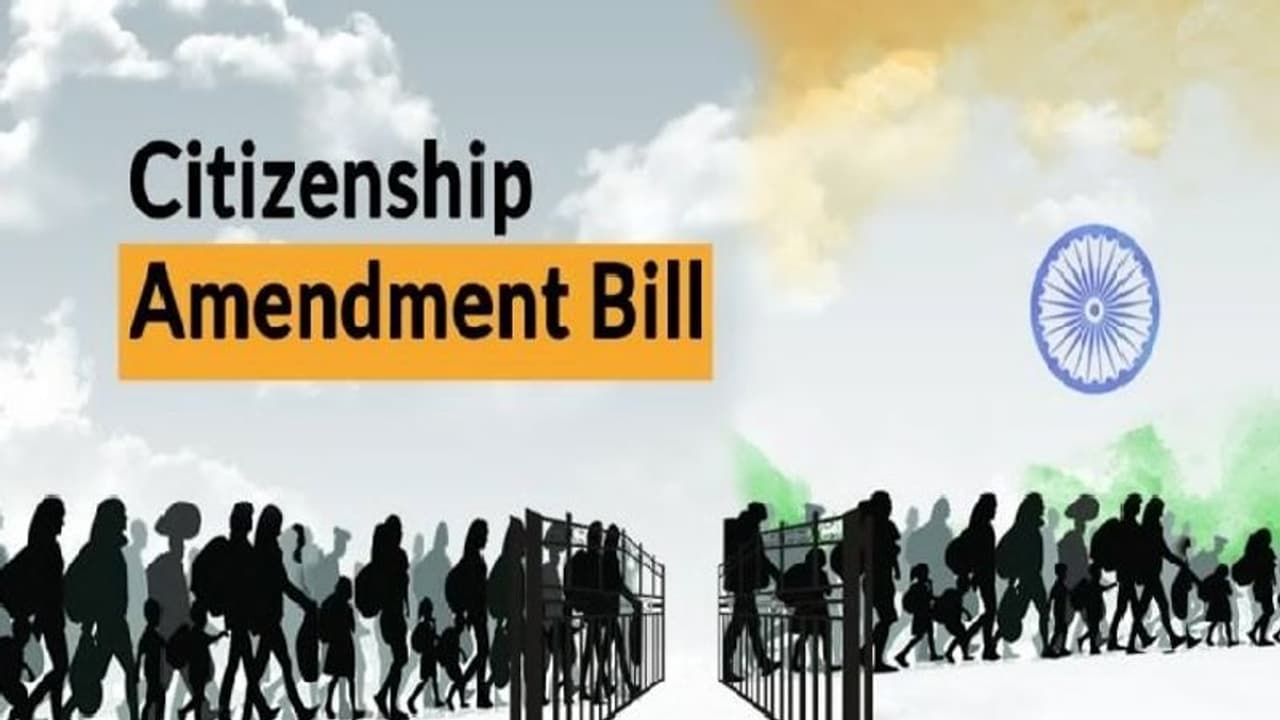The Centre has extended the cut-off date under CAA to December 31, 2024, allowing persecuted minorities from Afghanistan, Bangladesh, and Pakistan to stay in India without passports or visas. The move offers major relief to thousands of families.
The Ministry of Home Affairs (MHA) has given major relief to members of minority communities from Afghanistan, Bangladesh, and Pakistan by extending the cut-off date for entry into India under the Citizenship (Amendment) Act (CAA). The new order allows Hindus, Sikhs, Buddhists, Jains, Parsis, and Christians from these three neighbouring countries who entered India on or before December 31, 2024 to stay in the country, even if they do not have valid passports or other travel documents. The directive, issued under the Immigration and Foreigners (Exemption) Order, 2025, makes it clear that those who crossed over into India due to religious persecution or fear of persecution will not be treated as illegal migrants.
Extension of earlier cut-off
When the CAA was enacted in 2019 and notified in 2024, the law stated that only members of the specified minority communities who entered India on or before December 31, 2014 would be eligible for Indian citizenship. This created a gap for those who arrived in India after 2014 but before the government framed the rules in 2024. Many families, especially Hindus from Pakistan, were left anxious about their future.
With the latest order, the government has effectively extended the cut-off date by 10 years, giving recognition to people who arrived up to the end of 2024. The Home Ministry order explains the relaxation in clear terms. It states that:
- Any Hindu, Sikh, Buddhist, Jain, Parsi or Christian from Afghanistan, Bangladesh, or Pakistan who came to India on or before December 31, 2024 will be exempted from the requirement of possessing valid passports or visas.
- This exemption applies even if they entered without documents or if their documents have expired.
- The exemption has been issued to align with the objectives of the CAA and to protect those who were compelled to seek shelter in India due to religious persecution.
This means that such individuals will be allowed to remain in India legally, without fear of deportation, while applying for citizenship under the CAA framework.
The decision is significant for several reasons:
- First, it directly impacts thousands of families, particularly Pakistani Hindus, who migrated to India after 2014 fearing religious persecution. Many of them settled in states like Rajasthan, Gujarat, Madhya Pradesh, and Delhi but continued to face legal hurdles due to lack of valid documentation.
- Second, the order provides legal clarity. Until now, only those who arrived before 2014 were clearly covered under the CAA. The new order removes uncertainty for those who entered after that cut-off but before the law was implemented.
Third, it addresses humanitarian concerns. By exempting persecuted minorities from strict documentation rules, the government has assured them a path to safety and legal recognition in India.
Citizenship under the CAA
It is important to note that the latest MHA order only extends the exemption from passport and visa requirements. The grant of Indian citizenship still depends on the provisions of the CAA. Under the Act, non-Muslim minorities from Afghanistan, Bangladesh, and Pakistan who entered India before December 31, 2014, are eligible for Indian citizenship after fulfilling the conditions laid out in the law.
With the extended cut-off, people who came till December 31, 2024, will now be able to legally stay in India and apply under the same scheme without fear of being declared illegal migrants.
